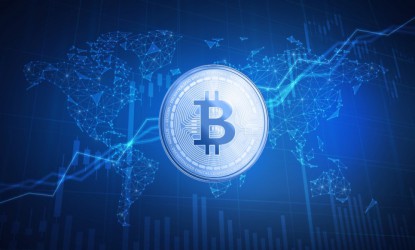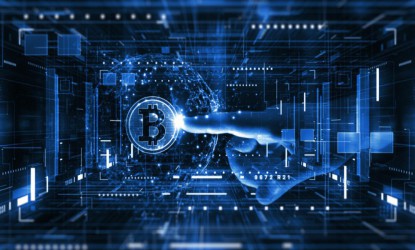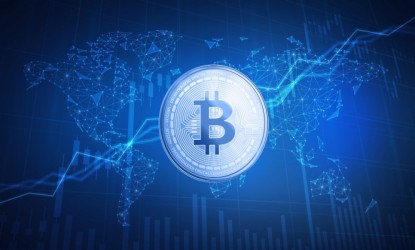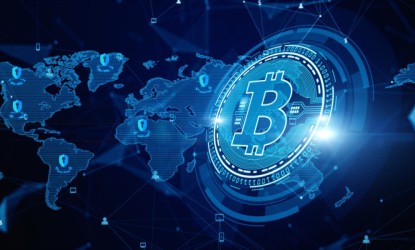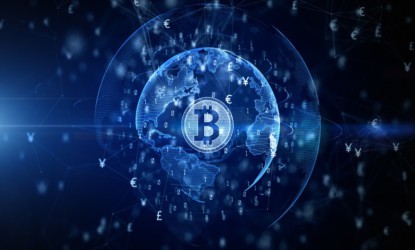The Rise of Decentralized Mining Pools: Revolutionizing the Mining Landscape
In the ever-evolving world of cryptocurrency mining, decentralized mining pools are emerging as a disruptive force, revolutionizing the traditional mining landscape. These innovative pools offer miners greater autonomy, transparency, and security, challenging the dominance of centralized mining pools. Let's delve into the rise of decentralized mining pools and their impact on the mining industry.
What are Decentralized Mining Pools?
Decentralized mining pools, also known as peer-to-peer (P2P) mining pools, operate on a decentralized network architecture, removing the need for a centralized authority to oversee mining activities. Instead of relying on a single pool operator to manage mining rewards and transactions, decentralized pools use smart contracts and blockchain technology to facilitate peer-to-peer interactions among miners.
Benefits of Decentralized Mining Pools
Greater Autonomy: Decentralized mining pools empower miners by giving them greater control over their mining activities. Miners can choose which transactions to include in blocks, adjust mining parameters, and participate in pool governance through consensus mechanisms.
Transparency and Fairness: Unlike centralized pools, which may be susceptible to manipulation or fraud, decentralized pools offer greater transparency and fairness. Smart contracts ensure that mining rewards are distributed fairly among participants based on their contributions, eliminating the risk of biased decision-making by pool operators.
Enhanced Security: Decentralized mining pools enhance security by reducing the risk of single points of failure and malicious attacks. Since there is no central authority controlling pool operations, the risk of hacking or manipulation is significantly mitigated, enhancing the overall security of the mining network.
Challenges and Considerations
While decentralized mining pools offer numerous benefits, they also present some challenges and considerations:
Technical Complexity: Participating in decentralized mining pools may require a certain level of technical expertise, as miners need to set up and configure their mining software to connect to the pool's network. However, user-friendly interfaces and documentation are improving accessibility for miners of all skill levels.
Network Stability: Decentralized mining pools rely on the stability and reliability of the underlying blockchain network. Fluctuations in network congestion or latency can impact mining performance and profitability, highlighting the importance of choosing robust and well-maintained pool networks.
Regulatory Uncertainty: Regulatory scrutiny of decentralized mining pools remains a potential concern, as authorities may seek to impose regulations or restrictions on mining activities. Miners should stay informed about regulatory developments and ensure compliance with applicable laws and regulations.
Conclusion
The rise of decentralized mining pools marks a significant shift in the mining landscape, offering miners greater autonomy, transparency, and security. By leveraging blockchain technology and smart contracts, decentralized pools empower miners to participate in a fair and equitable mining ecosystem. While challenges such as technical complexity and regulatory uncertainty remain, the benefits of decentralized mining pools are driving widespread adoption and reshaping the future of cryptocurrency mining. As the mining industry continues to evolve, decentralized pools are poised to play a central role in shaping its trajectory towards greater decentralization and democratization.


